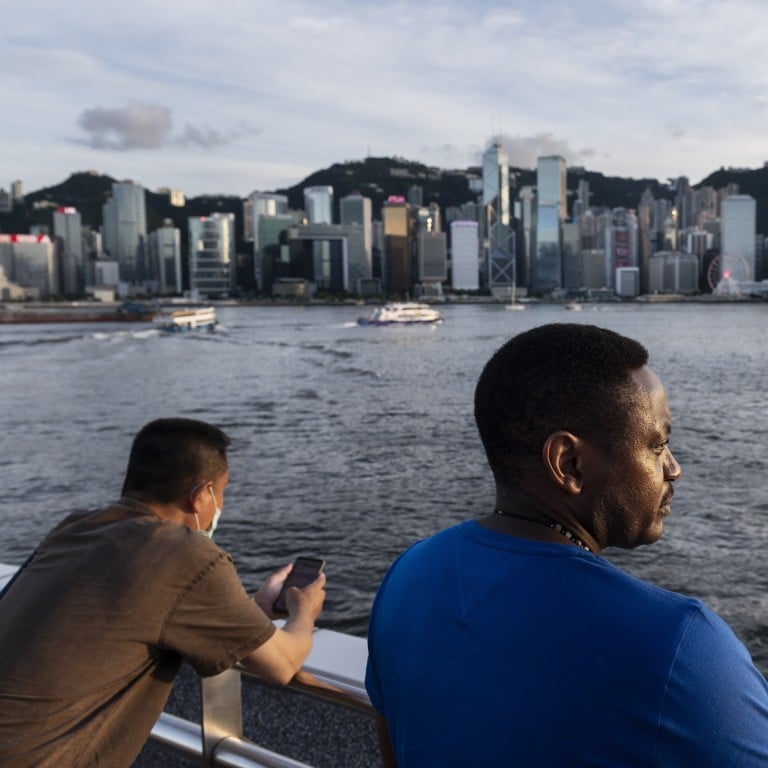
Can Hong Kong find a win-win solution for its asylum seekers?
- When asylum seekers arrive in Hong Kong, they apply to stay temporarily, but even those who succeed are not allowed to work or volunteer
- Hong Kong should ease these restrictions and instead allow members of this vulnerable community to become assets to the city
On the other hand, many argue, the most underprivileged can hardly consider such options. Among them, there is a group that has long lived at the margins of society: hundreds of asylum seekers mostly from other Asian countries, Africa and the Middle East, often discriminated against and forgotten amid the city’s recent struggles.
Although she acknowledged support from well-meaning volunteers and some non-profit groups, this woman felt she had been let down by the system and the society that outside her claustrophobic four walls seemed wealthy and vibrant. One of the main issues was that the family was offered only short-term solutions – none of the opportunities were genuine chances to rebuild their lives.
The mother was particularly worried about the future of her two teenage children who were about to finish high school. Their career prospects were grim. She knew they were unlikely to be allowed to pursue further studies at university or secure a work visa.
When asylum seekers arrive in Hong Kong, they file a protection claim, which is screened by the government. If their claim is substantiated – which is unlikely given the city’s extremely low acceptance rate – they are allowed to stay temporarily until being resettled in a third country by the United Nations refugee agency. Many remain in limbo in Hong Kong for several years.
No interpreters, indefinite detention? Hong Kong immigration bill draws criticism
According to non-profit groups, there are nearly 13,000 refugees and asylum seekers in the city.
Official statistics show that of 23,759 protection claims, only 272 were accepted over the past 11 years. As of June, 1,546 people were waiting for their cases to be screened.
In a recent report, the group Branches of Hope noted increased demand for their services during the Covid-19 pandemic.
“The reduction of funding from our donors meant that we had to do more with less,” the report said.
There are some cases that inspire hope. An East African refugee who arrived in Hong Kong about six years ago was recently granted permission to work by the Immigration Department. The man, who was supported by the non-profit Justice Centre Hong Kong, had his protection claim substantiated in 2019.
There are other such cases but even then their situations remain precarious.
“Under existing policy, substantiated claimants can apply for discretionary permission,” said Preston Cheung, senior advocacy and communications officer at the Justice Centre Hong Kong. “The government should take a step forward by granting [automatically] such right at least to substantiated and refugees, instead of them having to apply for it and renew it every six months. The right to work is integral to one’s dignity.”
As Hong Kong’s population declines, allowing more refugees and asylum seekers to work, volunteer and pursue further education would not only benefit these individuals but also the city’s economy and society generally.
Even without policy changes to integrate asylum seekers into life in the city, Hongkongers can show greater solidarity towards these people. Hongkongers are extremely resourceful and will take that energy wherever they go. I have no doubt they will be great assets to whichever countries they decide to call home, just as asylum seekers and refugees could be for Hong Kong.

